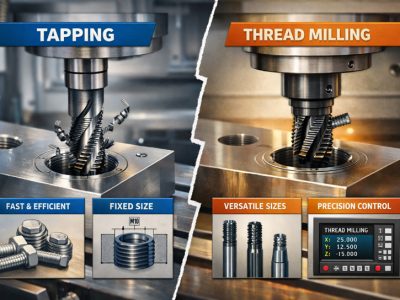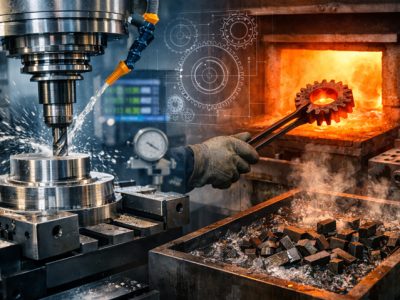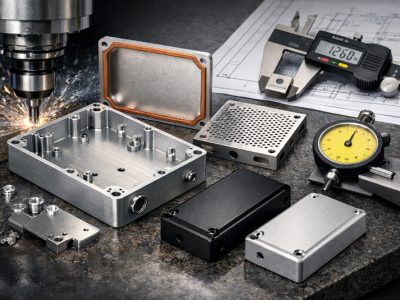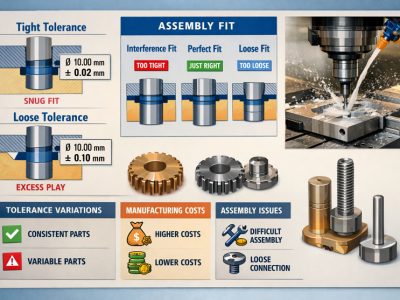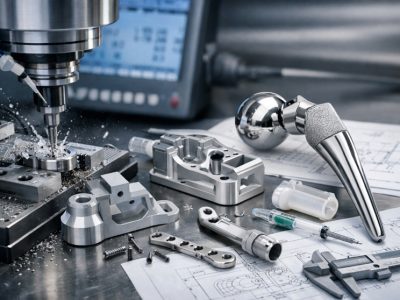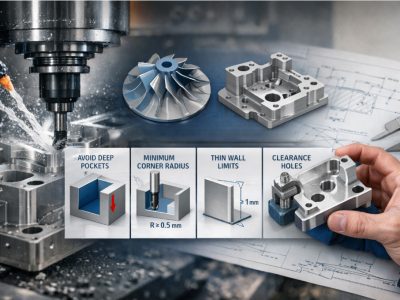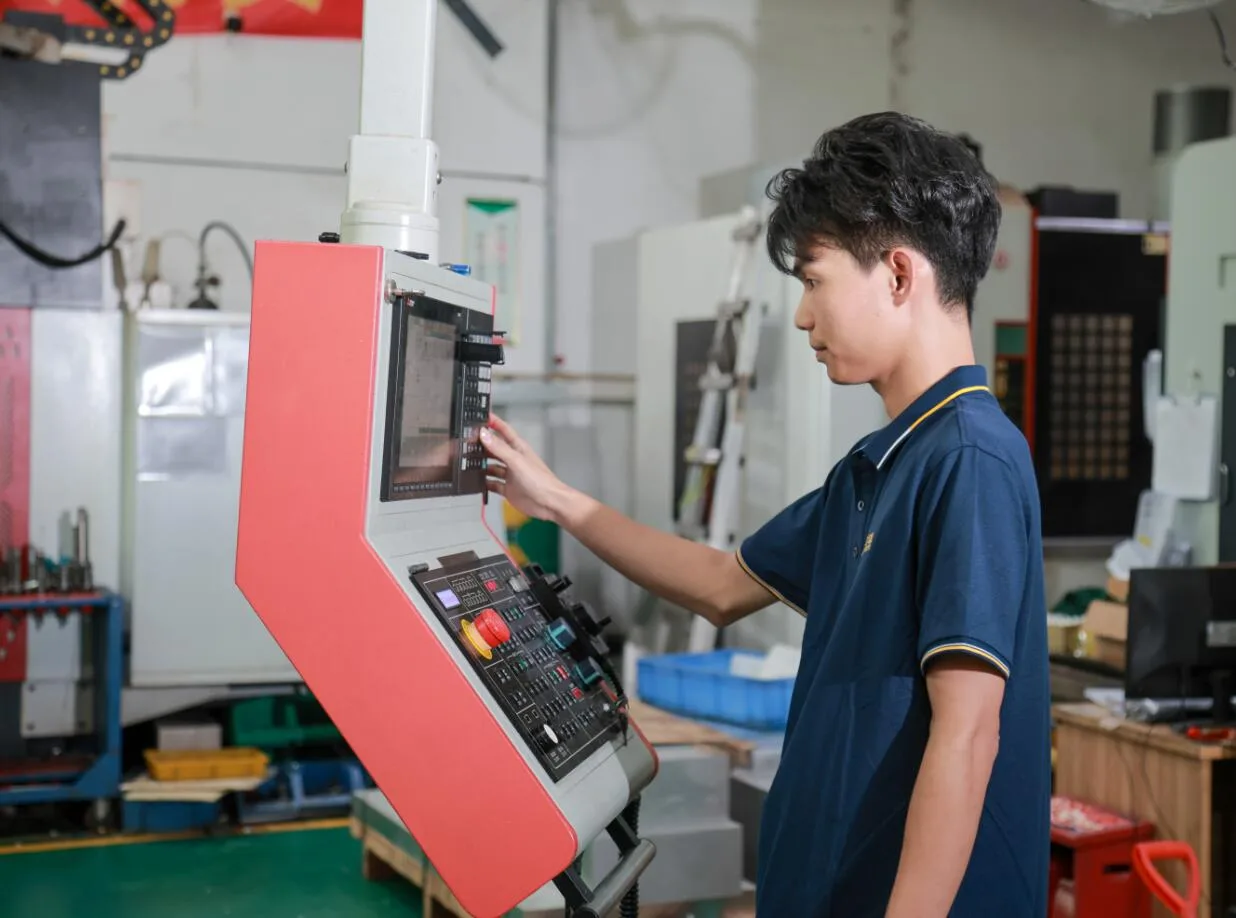
Choosing the right machine parts manufacturer is crucial. It ensures your machines operate at their best. A reliable machine parts manufacturer provides genuine, precise parts, which enhances quality and builds trust. Your decision directly impacts the efficiency and growth of your business.
If you require custom or original parts, the machine parts manufacturer must understand your specific needs. Their expertise in producing parts and offering warranties ensures your machines perform optimally and last longer. Partnering with the right machine parts manufacturer means collaborating with someone who delivers value and fulfills your requirements.
Key Takeaways
Pick a manufacturer with good quality checks. Look for high machine performance and regular maintenance to get reliable parts.
Think about all costs, not just the first price. This is called the total cost of ownership (TCO).
Choose vendors that use modern tools like CNC machines. These tools make better parts and work faster.
Make sure the vendor has helpful customer service. A good vendor solves problems quickly and keeps things running well.
Look for certifications and read customer reviews. These show the manufacturer is trustworthy and makes good products.
Key Evaluation Criteria for Choosing a Machining Vendor
Quality Control and Assurance
Quality control is key when picking a machining vendor. Vendors should follow industry rules and use good practices to avoid mistakes. Numbers like Overall Equipment Effectiveness (OEE) and machine availability show how well they work. Top vendors keep OEE above 85% and machine availability over 90%. These numbers prove they deliver accurate and dependable parts.
Another sign of quality is planned maintenance percentage (PMP). The best vendors plan over 80% of their maintenance ahead of time. This reduces unexpected problems and keeps machines running smoothly. Choosing vendors with strong quality checks ensures you get parts that fit and work well with your machines.
Cost and Value Analysis
Looking at cost and value helps you see the benefits of working with a vendor. Total Cost of Ownership (TCO) shows all costs, like repairs and support, over time. Vendors with programs to improve processes add extra value to your partnership.
Performance scorecards are helpful for checking vendors. These track things like delivery times, defects, and service quality. Vendors with few defects and on-time deliveries are more likely to meet your needs.
Cost-benefit analysis is also important. It looks at prices and risks, as well as long-term fit. Picking vendors with good cost and value scores helps you balance price and performance.
Technological Capabilities and Innovation
New technology has changed how custom parts are made. Vendors using CNC machines, AI, and IoT can make parts faster and more accurately. CNC machining, for example, creates exact shapes that fit your machines perfectly.
Innovative vendors use methods like lean manufacturing to cut waste and improve results. They also improve processes and products to deliver better outcomes.
Some vendors focus on eco-friendly practices, showing they care about the planet. Choosing a vendor with advanced technology gives you high-quality parts that match your needs and help your business grow.
Customer Support and Communication
Good customer support is very important when picking a vendor. A helpful vendor solves problems fast and keeps your business running. Quick help with product issues or delivery delays reduces downtime.
Clear communication is also key. Vendors should listen to your needs and give updates. Poor communication can cause mistakes, delays, or money loss. A vendor with a contact person or support team avoids these problems.
Choose vendors with many ways to talk, like email or phone. Live chat is another option for easy communication. Regular updates on orders show the vendor is reliable and honest.
Feedback matters too. Great vendors use your ideas to improve their service. They should be open to changes and work with you closely. This builds trust and ensures your needs are met.
Ask vendors how they’ve solved problems before. Reviews or examples can show how well they handle issues. Picking a vendor with strong support and communication saves time and lowers stress.
Certifications and Reputation of a Machine Parts Manufacturer
Why Industry Certifications Matter
Certifications show that a manufacturer is trustworthy and follows rules. They prove the company cares about quality and meets industry standards. For example, ISO 9001 shows a company has strong quality systems. AS9100 is important for aerospace, ensuring safety and high-quality parts.
Eco-friendly certifications are also becoming more important. These show the manufacturer uses green practices, which helps their reputation. Companies with these certifications are valued in sustainable supply chains.
Here’s a simple table about certifications and their benefits:
Certification Type | How It Helps Reputation |
|---|---|
ISO 9001 | Shows focus on quality management |
AS9100 | Ensures safety and quality in aerospace |
Environmental Standards | Key for eco-friendly and sustainable suppliers |
Learning from Customer Reviews
Customer reviews tell you how good a manufacturer really is. Positive reviews mean they deliver quality parts and good service. Look for comments about fast deliveries, strong parts, and helpful support.
Long-term customer testimonials are also useful. They show if the manufacturer keeps clients happy over time. A trusted company often has repeat customers who rely on them.
You can find reviews on websites or industry forums. Watch for patterns in feedback. If many reviews mention delays or bad parts, it could be a warning sign.
Using References and Case Studies
References and case studies give real examples of a manufacturer’s work. Ask for references from companies like yours. This helps you see if they can meet your needs.
Case studies are also helpful. They show how the manufacturer solves problems and delivers great results. For example, a case study might explain how they used new methods to meet special requests.
When checking references or case studies, look at timelines, costs, and product quality. These details show if the manufacturer is reliable and skilled.
Customization and Flexibility in Custom Machined Parts
Meeting Specific Requirements
Custom parts must match your needs for best performance. Manufacturers with good quality systems can make this happen. They check data to find problems and improve production. Regular checks ensure parts meet the right standards.
Look for manufacturers who respond quickly about product quality. They should also listen to feedback to fix issues fast. Using top-quality materials and checking suppliers often helps keep quality high.
Following strict production steps makes parts more reliable. Tracking each step ensures consistency. Manufacturers who focus on these practices deliver parts that fit your needs.
Adapting to Changing Needs
Flexible manufacturing helps meet changing customer demands. Machines that adjust easily save time and cut costs. They can handle more products without long delays.
Manufacturers using modular designs offer more custom options. These designs speed up production and lower risks. Working with engineers improves designs and saves money.
Flexibility also boosts product quality. Adjusting processes for changes leads to better results. Manufacturers with flexible methods help you stay competitive.
Benefit | Description |
|---|---|
Machines handle more products without long delays. | |
Enhanced efficiency | Less downtime means better machine performance. |
Improved product quality | Adjusting processes improves the quality of products. |
Customization capabilities | Flexible designs allow for more custom products. |
Cost reduction | Reliable quality and less downtime save money. |
Faster time to market | Quick adjustments speed up new product launches. |
Scalability for Future Growth
Scalable solutions help your business grow over time. Companies with scalable systems grow faster than others. Studies show most manufacturers see scalability as key to success.
Scalability lets you handle more work without losing quality. Manufacturers offering scalable options help you grow while staying cost-effective. This keeps you ahead in the market.
When choosing a manufacturer, check if they can scale production. They should still offer warranties and custom parts. A scalable partner helps your business grow smoothly.
Making the Final Decision When Selecting a Machining Vendor
Comparing Manufacturers
Make a list of possible manufacturers to compare. Use tools like AHP and GP to decide. AHP helps you rank things like cost and quality. GP picks the best option from your list.
Here’s how these tools work:
Tool | What It Does |
|---|---|
AHP | Ranks important factors for choosing a manufacturer. |
Goal Programming (GP) | Finds the best choice from your list. |
AHP ranks factors, and TOPSIS sorts the best options. |
These methods help you pick a manufacturer that fits your needs.
Asking for Samples
Ask for samples to check the manufacturer’s skills. Samples show their work quality. Use clear measures to test the samples. Look at accuracy and precision to judge them.
Measure | What It Shows |
|---|---|
Accuracy | How often results are correct. |
Precision | How well positive results are identified. |
Confusion Matrix | A tool to measure precision and recall. |
Testing samples shows if the manufacturer can meet your needs. This is key for custom or special parts.
Making Agreements
After choosing a manufacturer, make a deal. Talk about prices, delivery times, and warranties. Include rules for delays and uptime guarantees. A clear contract protects both sides.
Look for manufacturers who can adjust to your needs. Discuss working together long-term for custom solutions. A good deal builds trust and ensures quality support.
Picking the right machine parts maker is very important. Look at things like quality, price, tools, certifications, and flexibility. These help you get strong, useful parts made just for you.
Doing good research is a big part of choosing well. Ask for samples to check how good their work is. A small test project can show if they do a good job and if you can trust them.
Tip: Choose makers who match your future plans and can change as your needs grow.
FAQ
What matters most when picking a machine parts manufacturer?
Quality control is the top priority. The manufacturer must make precise and reliable parts. This helps your machines work well and avoids breakdowns.
How do I check a manufacturer’s reputation?
Look at reviews, testimonials, and case studies. These show how reliable they are. You can also ask similar businesses for references to confirm their trustworthiness.
Why do certifications matter for a machine parts manufacturer?
Certifications like ISO 9001 prove the manufacturer meets industry rules. They show the company cares about safety and quality. Certified manufacturers provide parts that meet strict standards.
Should I choose low cost over high quality?
No, choosing low cost can cause problems later. Bad parts may break often and cost more to fix. Focus on value by balancing price with quality and dependability.
How can I be sure the manufacturer handles custom needs?
Ask if they can customize parts. Request samples of similar work they’ve done. A flexible manufacturer with scalable systems can meet your unique needs.
Tip: Test the manufacturer with a small project first. This helps you see if they’re a good fit before committing long-term.

Start your project with LKprototype
LKprototype company simplifies procurement for custom manufacturing, Suitable for making your products or prototypes with a variety of materials, such as metal or plastic, silicone rubber, from 3D Printing to CNC Machined Parts and Urethane Casting Service , with a focus on speed and efficiency. Our platform provides instant quotes. With LKprototype, You can connect with the team to communicate your project to ensure quality and on-time delivery.
Start with an instant quote and experience how our technology and expertise can make custom part procurement faster and easier.
 LKprototype
LKprototype

